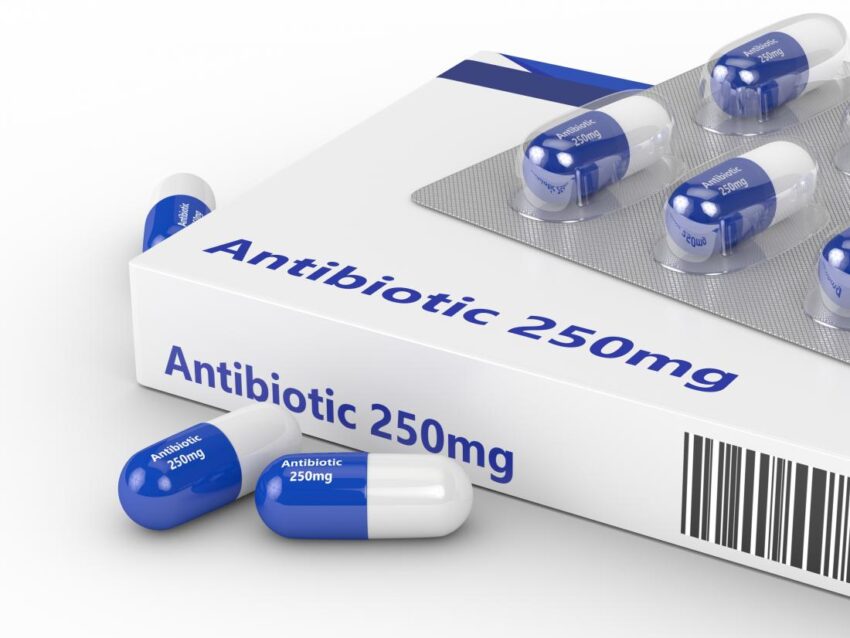Antibiotics are special biologically active substances that are synthesized by microorganisms (living bacteria or fungi). Their main function ー is to have a detrimental effect on bacterial agents, but they have no effect on viruses and fungi. Antibiotics were first developed in 1928 by Alexander Fleming. The accidental discovery of penicillin was a truly revolutionary event, greatly reducing deaths from common diseases of our time. The success of penicillin led to scientific interest in developing more effective antibacterial agents to fight infections of bacterial nature. There are now hundreds of drugs in this group. You can buy antibiotics at farma-shop.best.
How do antibiotics kill bacteria?
The mechanism of action can be divided into five basic principles:
- Antibiotics that disrupt the synthesis of the cell wall. These are, for example, β-lactams. This group of drugs mainly affects the substance that is a component of the cell wall ー peptidoglycan. Antibiotics inhibit the synthesis of this substance, causing the microorganism to die.
- Antibiotics that disrupt the molecular organization system of the pathogenic bacteria and the synthesis of the plasma membrane (polymyxins).
- Antibiotics that disrupt protein synthesis (aminoglycosides, tetracyclines, macrolides, levomycetin).
- Antibiotics that inhibit nucleic acid synthesis (rifampicin, quinolones).
- Antibiotics that inhibit the production of purines and amino acids (sulfonamides).
To summarize, the mechanism of action is divided into bactericidal (kills bacteria) and bacteriostatic (stops their further growth). Antibiotics are used in tablets, capsules, ampoules and vials, suppositories, as a powder or solution. Routes of administration: oral, rectal, intravenous, intramuscular.
Indications for the use of antibiotics
The doctor prescribes antibacterial medications when he suspects that the disease is caused by bacterial agents. Antibiotics will not be effective against viruses, so treatment is quite different for influenza and acute respiratory infections. Indications for prescription:
- Infections of the urinary system (pyelonephritis, cystitis);
- Infections of the respiratory system (bronchitis, tuberculosis);
- Angina or acute pharyngitis;
- Diseases of the genital system;
- Meningitis.

What rules should be followed when taking antibiotics?
Observing simple recommendations, you can protect yourself from the undesirable effects of these drugs:
- Do not take antibiotics uncontrollably. Pathogenic bacteria get used to a certain antibacterial substance after a while. Even your doctor tries not to prescribe the same antibiotic in a row. Drink the medicine strictly as prescribed.
- Do not quit taking antibiotics without finishing the course. Symptoms of the disease may quickly go away, but the germs will still remain inside and the symptoms will appear again, the duration of the disease will increase significantly. It is also dangerous to develop antibiotic resistance, which means that when you take the drug again, it will no longer be effective.
- If you have any allergic reactions, you should immediately contact your doctor. People with a history of bronchial asthma and allergic diseases need to take antibiotics with caution. Some drugs are not recommended for use with these conditions.
Where to buy antibiotics?
You can buy antibiotics in pharmacies with a doctor’s prescription. Your doctor will be able to prescribe the correct dosage according to your age, determine the type of antibiotic (broad spectrum or narrow spectrum), and recommend the form of release. You can buy antibiotics here https://farma-shop.best/antibiotics/.
